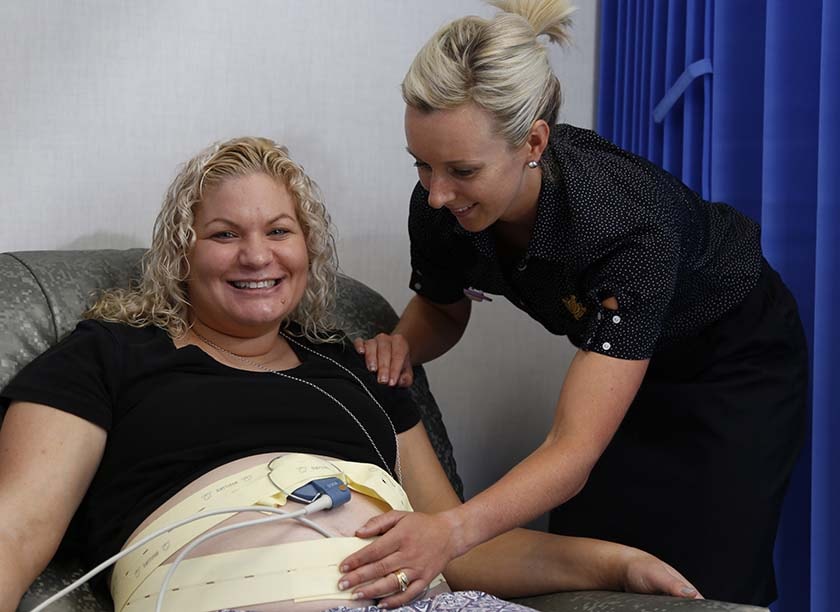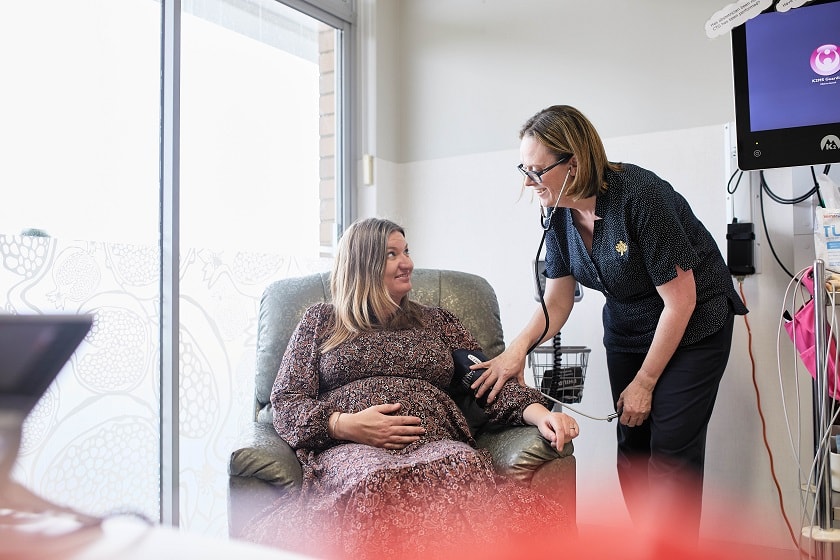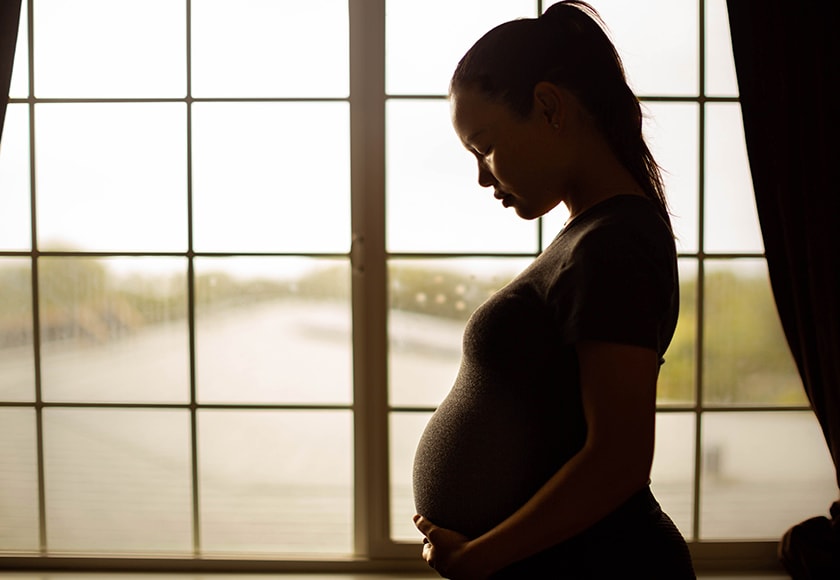Movement can sometimes be experienced even earlier than this, particularly with subsequent pregnancies.
These early movements are often described as ‘flutters’ and can be a nice way of bonding with your unborn baby. Movements are often a welcome pregnancy sign after the morning sickness has hopefully eased, which can affect so many women in the first trimester.
What movement can you expect?
As your pregnancy progresses, you will experience these movements more frequently and with more strength. This will continue up to around 32 weeks where movements will stay roughly the same until you give birth.
You will get to know your baby and the periods of the day when they are generally active. Some babies may be very active while you are resting, while others are active throughout the day while you are busy.
Movements are a part of the normal development of an unborn baby and your baby quickly masters the art of somersaults, twists and kicks while in utero. Your baby may even move in response to music, light or noise, such as your voice.
While your baby is developing in utero, they spend some of their time asleep. During these sleep cycles your baby may not move much at all. However, sleep cycles often only last from 20-40 minutes and you should expect a usual pattern of movement again.
What to do if you're concerned
Your baby’s pattern of movement is such an important indicator of your baby’s wellbeing in pregnancy and you will be asked about your baby’s movements at each antenatal check up in the second and third trimester.
Your maternity care provider is available straight away if you are concerned that your baby has decreased movements at any stage of your pregnancy.
Midwives and obstetricians understand how worrying this can be for you and will assess you and your baby as quickly as possible – even if it is 3 o’clock in the morning.
When you present to the hospital your midwife may connect a CTG which monitors your baby’s heart rate or you may need to have an ultrasound scan.








